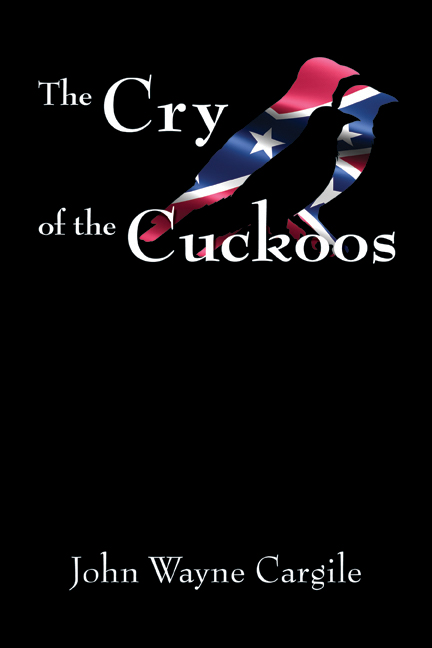There is a fun game on Facebook for all you social netters that allow you to see what the No. 1 Billboard song was on the date you were born.
It’s interesting. It’s like reading your horoscope. Some significance, I suppose, is attached to what the song’s title and lyrics mean to one ’s self.
Well, I played the game and invited some of my Facebook friends to play it. The feedback was compelling. Usually a song’s title has a lot to do with who you are, or that is what I think the game is all about. Is there any meaning to it?
“Don’t Fence Me In,” sung by Gene Autry, was the No. 1 song on Billboard the date I was born some time in the 40’s. I thought it was appropriate because I’m not one to be fenced in.
“Oh, give me land, lots of land under starry skies above, Don't fence me in. Let me ride through the wide open country that I love, Don't fence me in. Let me be by myself in the evenin' breeze, And listen to the murmur of the cottonwood trees, Send me off forever but I ask you please, Don't fence me in.”
I’m uncertain as to the psychological and sociological impact a statement such as “Don’t Fence Me In,” has in terms of today’s modern world. During the day the song was popular, cowboys like Autry and John Wayne were filling up the movie theaters. Maybe that is one reason I was named John Wayne.
“I want to ride to the ridge where the west commences And gaze at the moon till I lose my senses And I can't look at hovels and I can't stand fences Don't fence me in.”
It was mostly about riding the open ranges as the West was opening up for immigrants to explore the budding new frontier.
But, what does “Don’t Fence Me In,” mean today?
The most important relationship we have in our lives is with our selves. And even though we are the only ones who are present at every moment of our lives—from birth onward—this relationship can be the most difficult one to cultivate.
This may be because society places such emphasis on the importance of being in a romantic partnership, even teaching us to set aside our own needs for the needs of another.
Until we know ourselves, however, we cannot possibly choose the right relationship to support our mutual growth toward our highest potential. By allowing ourselves to be comfortable with being alone, we can become the people with whom we want to have a relationship. Perhaps at no other time in history has it been possible for people to survive, and even thrive, while living alone. We can now support ourselves financially, socially, and emotionally without needing a spouse for survival in any of these realms.
With this freedom, we can pursue our own interests and create fulfilling partnerships with friends, business partners, creative cohorts, and neighbors. Once we’ve satisfied our needs and created our support system, a mate then becomes someone with whom we can share the bounty of all we’ve created and the beauty we’ve discovered within ourselves. As we move away from tradition and fall into more natural cycles of being in the world today, we may find that there are times where being alone nourishes us and other periods in which a partnership is best for our growth.
We may need to learn to create spaces to be alone within relationships. When we can shift our expectations of our relationships with ourselves and others to opportunities for discovery, we open ourselves to forge new paths and encounter uncharted territory.
Being willing to know and love ourselves, and to find what truly makes us feel deeply and strongly, gives us the advantage of being able to attract and choose the right people with whom to share ourselves, whether those relationships fall into recognizable roles or not.
Choosing to enjoy being alone allows us to fully explore our most important relationship—the one with our true selves.
It’s also nice to have a loving relationship where one’s spouse can appreciate the alone times one needs.
Being “fenced in” can create all kinds of havoc within a relationship. If one spouse is dominating and controlling, you might feel a sense of things crowding in around you. You need your space.
Often, a person who feels “fenced in” cannot express how he/she feels, and anger and resentment will follow that relationship until someone explodes.
A case in point happened in south Alabama just last week when a young man killed 10 people and then killed himself. Authorities said he was depressed because he thought he was a failure.
In my limited knowledge of the situation, he was “fenced in,” and the only way out was to take other people’s lives. He needed help. But it didn’t happen. That’s what a deeper meaning of “fenced in” means in my book.
John W. Cargile, Msc.D, D.D. is a licensed pastoral psychology counselor. He is a member of the National Educational Association and Alabama Educational Association. He is the author of a new novel, The Cry of the Cuckoos www.thecryofthecuckoos.com You can contact him at jwcargile@charter.net. All conversations are confidential.
Subscribe to:
Post Comments (Atom)



No comments:
Post a Comment